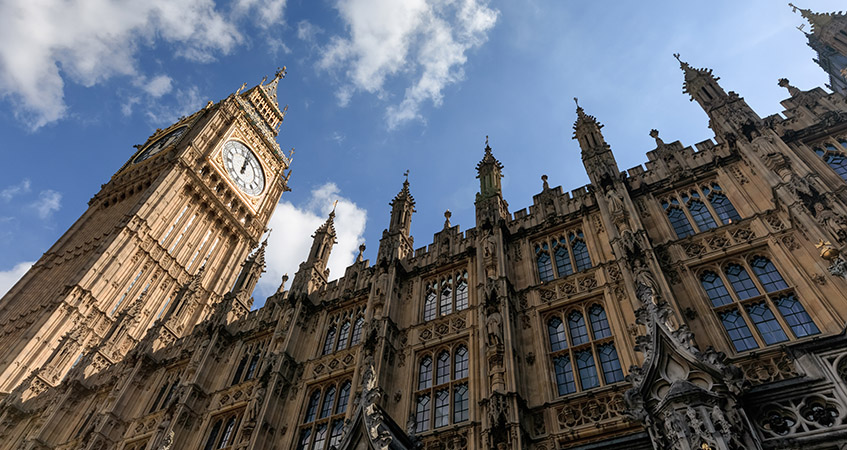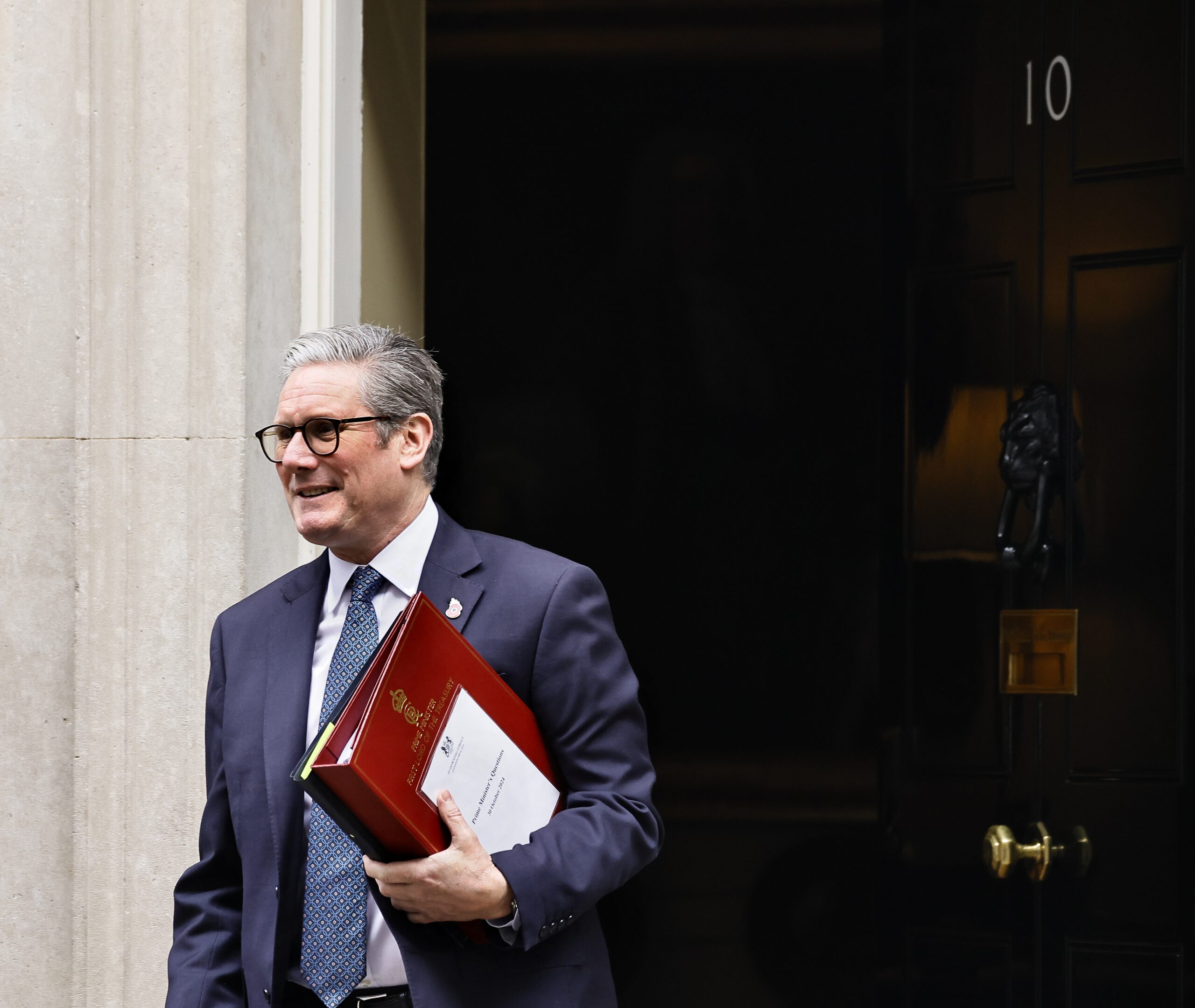“Significant victory” for FDA members: MPs vote to introduce risk-based exclusion at the point of arrest

MPs have voted to introduce a formal mechanism to risk assess any MP at the point of arrest. This also gives parliamentary authorities the power to exclude MPs accused of sexual or violent offences. Previously there was no formal mechanism to compel MPs accused of serious misconduct from entering the parliamentary estate – instead there was a reliance on voluntary ‘gentleman’s agreements’.
Responding to the vote in the House of Commons, FDA General Secretary Dave Penman said:
“A step towards a safe working environment for all”
This outcome was only achieved through a hard-fought campaign by the FDA and other unions over a number of years seeking a formal mechanism to bring it in line with other workplaces and to provide a safe working environment for their members. This was in the face of a number delays from the government House authorities and the House Commission.
In December 2022, the House of Commons Commission – which is made up of MPs and lay members and is responsible for the administration and services of the House of Commons – launched its consultation on the precautionary exclusion of MPs. FDA alongside other trade unions submitted written evidence to the consultation.
Additionally, FDA National Officer Jawad Raza gave oral evidence to House of Commons Committee on Standards as part of its response to the consultation, making the case that that Parliament has failed to offer its staff the same protections they would expect in any other workplace.
In June 2023, the House of Commons Commission published its initial proposals and a debate was held in the in the Commons Chamber.
In December 2023, the House of Commons Commission published revised proposals for a risk-based exclusion policy where the risk assessment would take place at the point of arrest. This was in line this with FDA’s own recommendations.
However, the implementation of this was further delayed when a motion with these proposals was due to be put to the House in January 2024 but ended up being pulled.
A new motion appeared in April 2024, but with watered-down proposals that would only assess risk at the point of charge – which would mean MPs were held to a lower standard than their own staff.
Thankfully, an amendment that brought the risk assessment back to the point of arrest was put forward by Wendy Chamberlain MP, Jess Phillips MP and others was chosen and narrowly passed along with the motion.
Raza celebrated the victory, stating:
“Parliament shouldn’t have had different rules to every other workplace, this is a step towards a safe working environment for all”.
Prior to the vote in the House of Commons, Jawad Raza was interviewed by Matt Chorley for Times Radio. Dave Penman was quoted in a number of publications including ITV (online), the Independent, the Daily Express and the National.
Related News
-

“An opportunity missed”
Dave Penman has labelled new Commission “an opportunity missed” and called on the government to go further and look at parliament for a more independent system.
-

FDA reiterates calls for a full independent bullying and harassment policy in the Senedd
Appearing before the Senedd Standards of Conduct Committee, FDA National Officer Jane Runeckles made clear that the process for dealing with bullying, harassment and sexual misconduct must be independent from MSs.
-

FDA calls on Senedd to implement “fully independent process for dealing with complaints of bullying, harassment and sexual harassment”
FDA Cymru|Wales has called on the Senedd to “implement a fully independent process for dealing with complaints of bullying, harassment and sexual harassment” made against MSs.